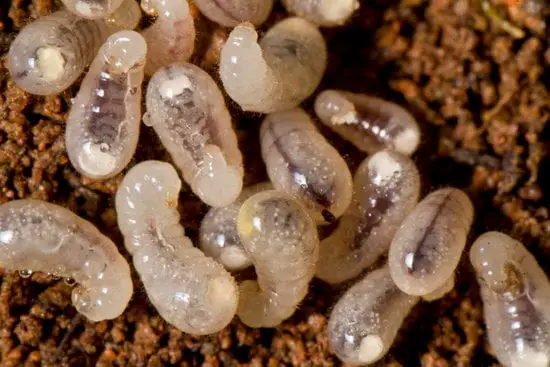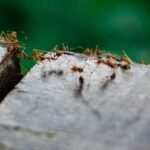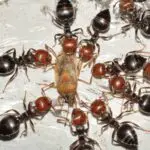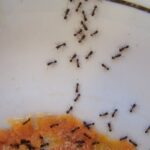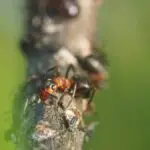Do Ants Carry Disease?
Whether you have ants in your home or not, it’s important to know that these pests can spread diseases. They can be carriers of harmful viruses, bacteria and other pathogens, which can affect the health of people.
They are known to carry bacteria that can cause food poisoning. They can also carry pathogens that can cause respiratory illness and allergies. In addition, ants can also transmit diseases to humans through their bites. Some ant species have dedicated undertakers. They’ll take an injured ant back to their nest.
When an ant bites someone, it deposits venom into the wound. This venom can cause minor nuisance and itching, or it can cause more serious symptoms. If a person is allergic to ants, they may develop anaphylaxis, a severe allergic reaction. Anaphylaxis requires emergency injections of epinephrine, a type of medicine.
If an ant is bitten, it may also transmit bacteria from its digestive system. Ants can pick up bacteria from other areas, such as from food, water or animal carcasses. When they walk over food that has been contaminated, they may transfer the bacteria to their mouths.
Some ants carry bacteria that can cause food poisoning. These bacteria include Salmonella, E. coli, Clostridium and Shigella. These diseases can affect people who have a compromised immune system.
People with weakened immune systems are more likely to develop food borne illnesses. These diseases are most common among children. If you have ants in your home, it’s important to make sure the food is stored properly to keep it from becoming contaminated.
